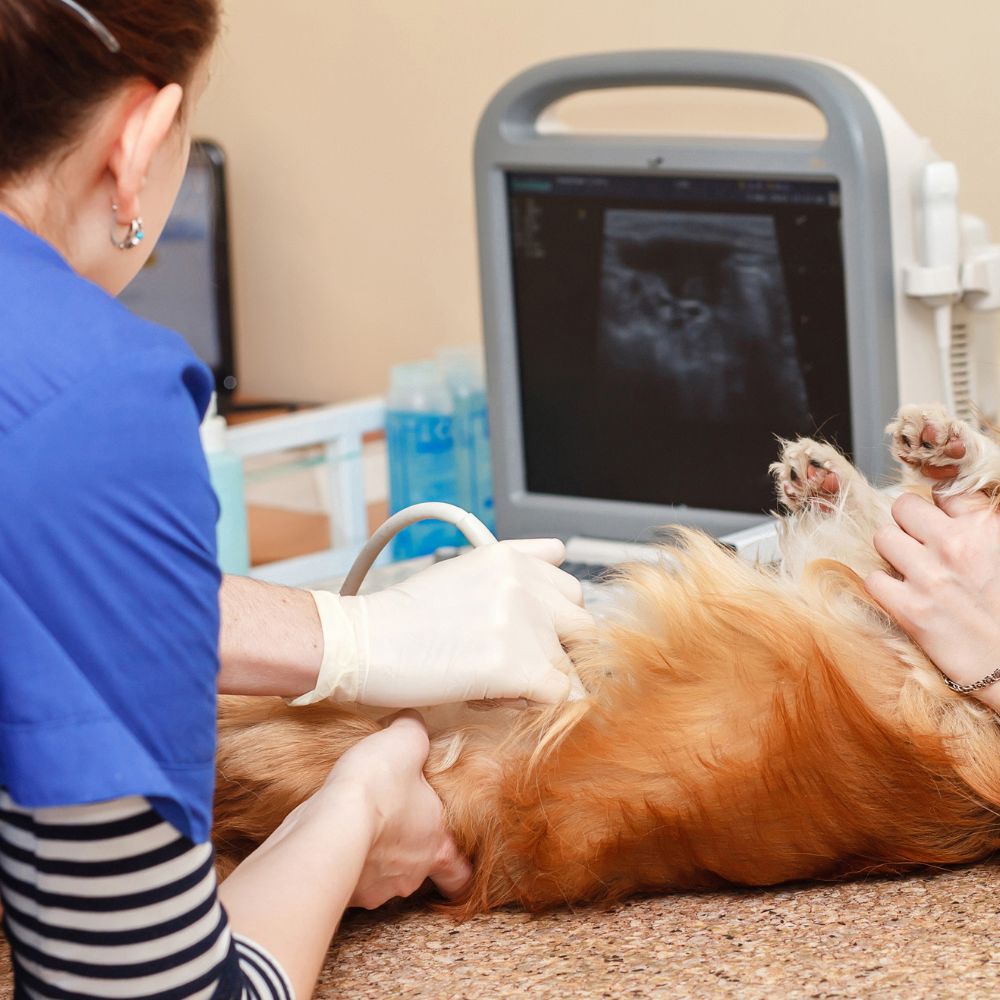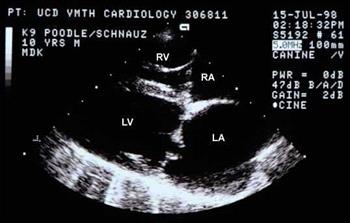
Echocardiograms
Why Pet Echocardiograms Are Important for Making a Diagnosis
Pets can suffer from some of the same issues as humans, and as such, some of the same technologies, like echocardiogram, can be used on them to make a diagnosis. For those in the Cleveland area, Kentown Animal Hospital can help your pets get the care they need.

What is Pet Echocardiogram?
A pet echocardiogram is a non-invasive procedure that uses ultrasound waves to produce an image of the heart, including the structures of the heart wall, valves, and chambers. It also enables a vet to see how the blood flows and the velocity of it. This unique state-of-the-art device is one of the best technology in the veterinary field that helps determines how well the heart is functioning as well as to detect any defects in the heart.
Why a Pet May Need an Echocardiogram
Not all pets are going to need an echocardiogram, but for those that do need the procedure, it is because a veterinarian wants to rule out potential problems that may be causing the pet’s symptoms. For instance, if your animal is experiencing a persistent cough, breathing issues, or fainting spells, a vet will most likely order an echocardiogram to make sure these symptoms are not due to heart disease, which is a progressive illness that occurs when the heart is unable to function properly to meet the body’s demands.
How Long does an Echocardiogram Take?
For the most part, an echocardiogram procedure takes about 40 minutes to complete. The goal is to collect enough data for the veterinarian to determine if the heart is functioning properly and if there is any sort of irregularity that might be concerning.
Is Sedation Required?
In most cases, sedation is not necessary, and many pets do well being awake during this procedure. If your pet needs to be sedated, the veterinarian will discuss this with you before the echocardiogram appointment.
Contact Our Animal Hospital for More Information
We love pets, and doing whatever we can to keep them happy and healthy is important to us. For those in the Cleveland area, Kentown Animal Hospital offers services like pet echocardiogram to help make an accurate diagnosis. Give our veterinary team a call at (440) 842-0303 if you would like more information about this modern technology and how it can help your pet, or to schedule an appointment.
